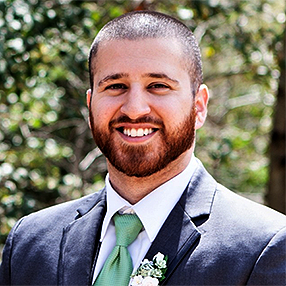
Aldevron Breakthrough Blog
Perspectives: History, Decades in the Making
June 21, 2023 / by Patrick Paez, Ph.D.
RSV vaccines finally become reality
The field of medicine has its landmark moments where scientific innovation has triumphed, and there are events within the field that have been heartbreaking failures. The search for a Respiratory Syncytial Virus (RSV) vaccine had been one of those failures, but ultimately became a success.
RSV is a highly prevalent virus that results in lower respiratory tract infections responsible for 94,000- 149,000 deaths, and 3.2 million hospitalizations globally. Its victims are primarily young children and the elderly. Its prevalence rate is so high that approximately 90% of children ages two and older have been exposed to RSV.
The search for effective RSV vaccines
In the month of May 2023, the FDA approved Arexvy from GlasxoSmithKline Biologicals, and ABRYSVOTM by Pfizer as the the world’s first RSV vaccines for patients 60 years and older. These FDA approvals are a historic landmark given the history of the search for an RSV vaccine.
The first step toward preventing RSV was taken in 1966, when a new vaccine comprised of formalin inactivated virus was evaluated in a clinical trial for pediatric patients. The results were devastating.
Two pediatric patients died, and an 80% hospitalization rate arose within the vaccinated group from enhanced RSV disease, compared to a 5% hospitalization rate seen in the untreated group. This failure within the treatment group resulted in a five-decade long halt in the clinical development of an RSV vaccine.
However, the development of a vaccine remained a serious need for these vulnerable patient populations. Scientists continued the search for an approach that could lead to success.
Long road to success
In the decades after the initial trial’s failure, the patients who experienced enhanced RSV after those vaccinations were studied, with several conclusions:
- Immunization with formalin inactivated virus did not form the target F protein within the cytoplasm leading to an inappropriate antibody and T-cell response after vaccination
- Patients likely exhibited a polarized immune response after vaccination, leading to a CD4+ T-cell response with Th2 prone cytokines contributing to airway reactivity, excess mucus production within the lungs, all contributing to closing of the patient’s airway
- Excess eosinophil infiltration found within the patient’s biopsy supports the later Th2 polarization findings which contribute towards the lung pathogenesis seen in the enhanced disease patients
With the knowledge researchers gained from these insights, their more than 60-year research journey finally resulted in GSK receiving approval May 3 for Arexvy, an F protein-based vaccine with a proprietary adjuvant (AS01E) resulting in an 82.6% reduction in RSV-associated lower respiratory tract infections and a 94.1% reduction in severe RSV cases. Pfizer’s ABRYSVOTM, was approved May 31 for its bivalent prefusion F protein vaccine to protect against RSV A and B after a phase 3 study with almost 37,000 patients.
The scientific process shows that continuous research can lead to a life-saving vaccine developed from an initial failure. Tireless work and a refusal to accept defeat are the hallmarks for this historic accomplishment.
- Have questions about this topic? Contact Patrick Paez
- Have an idea for a topic? Let us know!

